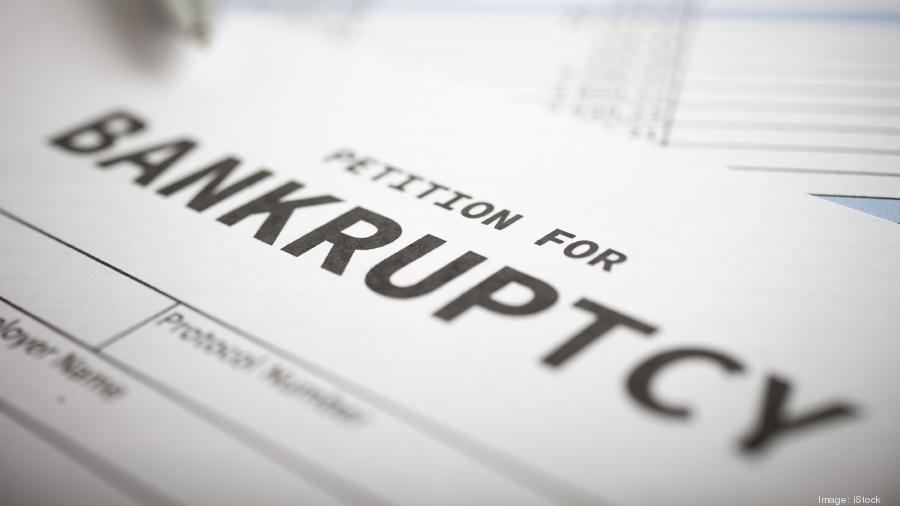Listen to this article 4 min
Eiger BioPharmaceuticals Inc. filed for Chapter 11 bankruptcy protection, turning its drug approved to treat a rare accelerated aging disease in children into a $26 million "stalking horse" agreement with a Southern California drug developer.
The Palo Alto company (NASDAQ: EIGR), which previously said it had enough money to last into this year's third quarter, said Monday that it made the filing with the U.S. Bankruptcy Court for the Northern District of Texas.
Under terms of the stalking horse bid — a deal with a potential buyer from a pool of anticipated bidders — Eiger would sell the drug lonafarnib to fellow rare disease drug company Sentynl Therapeutics Inc. of Solana Beach by April 24. If that target date isn't hit, the price could be adjusted.
Twice-a-day oral lonafarnib, branded as Zokinvy, was approved by the Food and Drug Administration in November 2020 to treat kids with Hutchinson-Gilford progeria syndrome as well as children over 1 with a similar condition. Progeria, found in one in every 20 million people, is an ultra-rare, fatal, genetic disease that causes premature aging in children. Untreated, children on average die of heart disease before they turn 15.
The drug prevents the accumulation of a defective protein, called progerin, and progerin-like proteins caused by a mutation.
The drug, which in January won approval from Japanese regulators, costs more than $650,000.
Eiger has taken the same drug into a late-stage clinical trial against hepatitis delta virus but discontinued that trial in September.
Lonafarnib was originally part of Schering-Plough Research, which supplied the drug for research-sponsored trials at Boston Children's Hospital that were backed by the Progeria Research Foundation. Merck & Co. got control of the drug as part of its $4.1 billion buyout in 2009 of Schering-Plough.
It cost Eiger about $25 million to take the drug the rest of the way through development, David Cory, the company's the CEO at the time of approval, said. The company within days of drug approval sold a priority review voucher — awarded by the FDA to some companies that take a drug through approval for a rare pediatric disease — to AbbVie Inc. for $95 million.
Still, the company struggled, turning to director David Apelian, who took over as CEO in December 2022, going through a couple rounds of layoffs, undertaking a 1-for-30 reverse stock split, trying (and failing) to win emergency use authorization for a Covid-19 treatment, and shifting its drug avexitide into post-bariatric hypoglycemia, a complication of weight loss surgeries.
The company had $39.4 million in cash, equivalents and short-term securities as of Sept. 30.





